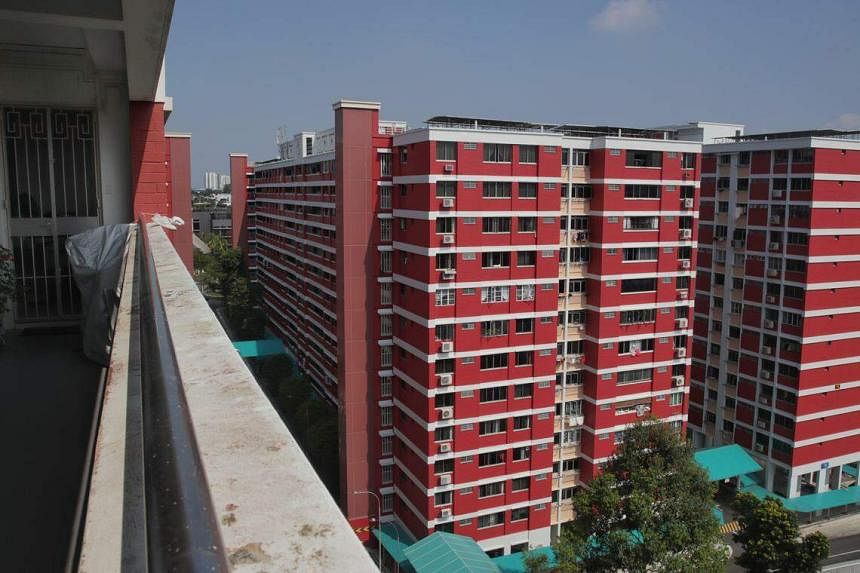SINGAPORE - Residents caught in a dispute with their neighbours may soon be able to get the other party to participate in mandatory mediation as part of proposed changes to resolve more community disputes at an earlier stage.
Public officers may also be granted investigation and enforcement powers to require residents to stop noise nuisance, attend mediation and comply with a court order to go for psychiatric treatment.
For egregious cases that end up in the Community Disputes Resolution Tribunals (CDRT), the judge may be able to grant interim orders before a final decision is reached to facilitate quicker resolution.
These were among the proposed enhancements to the community dispute management framework announced in a media briefing on Tuesday, with the Government now seeking public feedback on the changes.
The framework was set up in 2014 to encourage neighbours to resolve disputes amicably and settle unresolved disputes in tribunals as a last resort.
The proposed changes come as the Government seeks to promote clearer social norms on what is acceptable neighbourly behaviour in a dense, high-rise city, and as noise complaint cases have risen.
The monthly average of noise complaints made to the Housing Board grew eightfold from 400 in 2019 to 3,200 in 2021, when many people worked and studied from home during the pandemic. The number came down to 2,300 a month in 2022, but remains a cause for concern, said panellists at the briefing.
They comprised representatives from the Ministry of Culture, Community and Youth, Ministry of Law and Ministry of National Development.
Government intervention is meant to tackle cases where residents cause a sustained disturbance on purpose, and are undeterred by neighbours’ complaints, a panellist said. There are also cases where residents are unable to gather enough evidence, and their neighbours deny claims of nuisance-making, he added.
The proposed enhancements will empower public officers to issue a notice of mandatory mediation to parties who refuse to go for mediation, and for the CDRT to impose penalties on those who unreasonably refuse to participate in mediation or drag out proceedings.
In 2022, fewer than one-quarter of cases referred to the Community Mediation Centre proceeded to mediation, as one or both parties refused to participate. But of those who went for mediation, nearly 80 per cent of cases reached a settlement after hearing each other out.
It was also proposed that neighbours be able to register their mediated settlement as a CDRT order, where a breach of the agreement will result in further orders and penalties.
Other suggested changes are for public officers to be empowered to investigate cases by installing noise sensors, and to enter a home with the consent of the owner or occupier to find the source of nuisance.
They will also be empowered to issue warnings and notices to require people to stop nuisance activity, enter a home to stop an ongoing nuisance, and to seize nuisance-causing objects with or without the consent of the owner or occupier.
Dr Leong Chan-Hoong of Kantar Public, a global policy advisory firm, was consulted in the year-long review on the matter, as a member of the community advisory panel on neighbourhood noise.
He said mandatory mediation subjects both parties to the same regulation rather than singling anyone out. “You don’t see that you are singled out (by your neighbour) because you have been unreasonable... By making this mandatory, then it just becomes a process that everybody has to go through.”
He said the majority of cases can be easily resolved at the start, as some residents may not know they are causing a noise disturbance, for instance. Disputes are assessed case by case, and serious cases may involve residents who are emotionally or physically threatened, he added.
Public feedback is being sought on what should be deemed a serious neighbour noise case that calls for government intervention, the proposed powers for public officers, and what are appropriate penalties for recalcitrant cases, such as fines or even jail time.
Dr Leong said giving mediation a shot is often better than taking the case to court. “It becomes very ugly, (and) even when cases are resolved, there is always a lingering tension for many years to come.”
Those who want to give feedback can do so at go.gov.sg/feedbackcdmf from May 11 to May 31.


